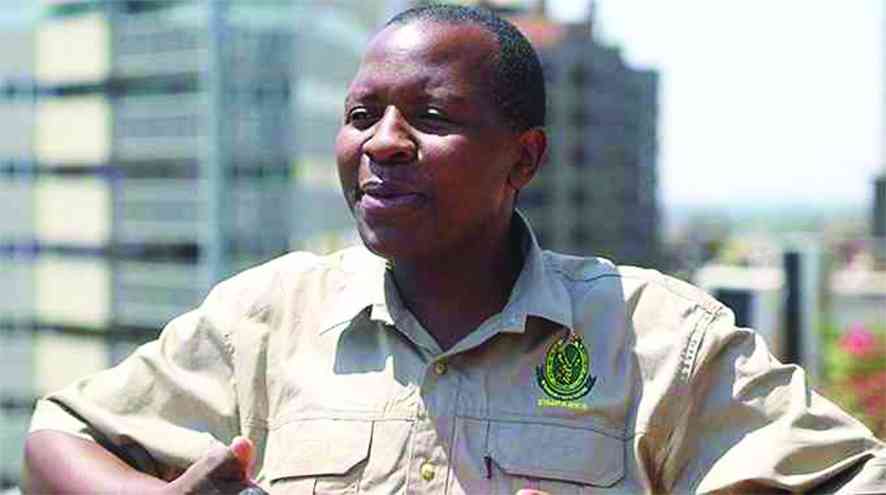
VILLAGERS within the Nyangambe Community Conservancy in Chiredzi have been left poorer after losing their crops and livestock to wild animals invading their communities in search of food and water.
The villagers identified elephants, lions, hyenas, crocodiles, buffaloes, jackals, baboons and wild dogs as the most problematic animals within the community.
They said human-wildlife conflicts were getting worse each year.
In an interview with NewsDay recently, a villager Snart Machipisa said the wild animals had become very aggressive to the extent of not fearing people.
“The most painful thing is that we are losing a valuable number of animals in the conflict,” she said.
Another villager Revai Chihanga said the animals, especially the hyenas, had become a menace.
“They even have the audacity to open the cattle and goat pens so as to devour them. We now find ourselves in a situation where we have to build wire pens so as to shield our animals,” she said highlighting how they have dealt with animal invasions.
Nyangambe Conservancy chairperson Tinevimbo Nhamoinesu confirmed the rising cases of human-wildlife conflict in the area.
“Since 2006 up to date, if we calculate the numbers of cattle, donkeys and goats that have fallen prey to wild animals, are alarming,” Nhamoinesu said.
“But we hope for a brighter future because we are being taught the importance of animals, we are going to strive to ensure that the operator we work with helps us with materials such as fencing and clean water so as to ward the animals off from human spaces.”
Nhamoinesu said this would ensure that the animals would not stray into fields or livestock pens.
Recently, USAid Resilience ANCHORS trained the Nyangambe wildlife committee on governance and facilitated community participation in the Nyangambe constitution review process as an intervention against the human-wildlife conflicts.
In Muzarabani, district council chairperson Ashton Chiweshe said elephants were terrorising villagers.
“However, the main challenge is that our villagers are not following proper channels to report for our rangers to come and drive them away,” Chiweshe said.
Other villagers said the elephants were destroying their property and crops.
Parks and Wildlife Management Authority spokesperson Tinashe Farawo said the communities had been empowered to deal with rising cases of human-wildlife conflict.
“We have given power to some rural district authorities to deal with those issues, but if they encounter any problems in the process, we can then deal with the issues,” he said.
The Parks Authority has been struggling to compensate victims of wildlife attacks despite government having approved a Human-Wildlife Conflict Relief Fund to compensate victims of human-wildlife conflicts in 2022.










